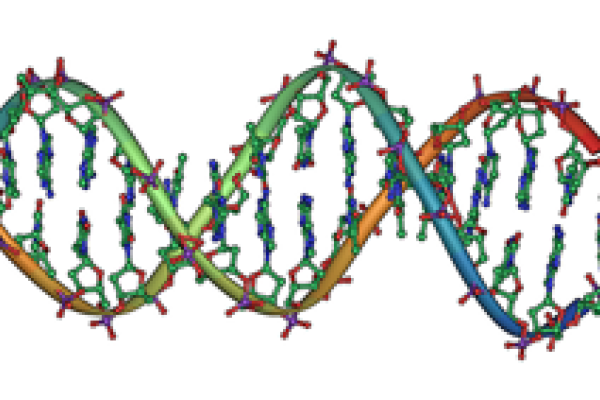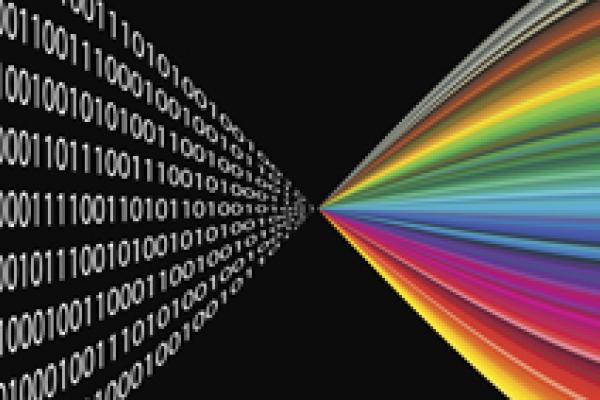Podcast


Euromaths: Avi Wigderson
Should we allow mathematical proofs to contain errors? We find out from Avi Wigderson in our podcast series covering the European Congress of Mathematics 2024.





